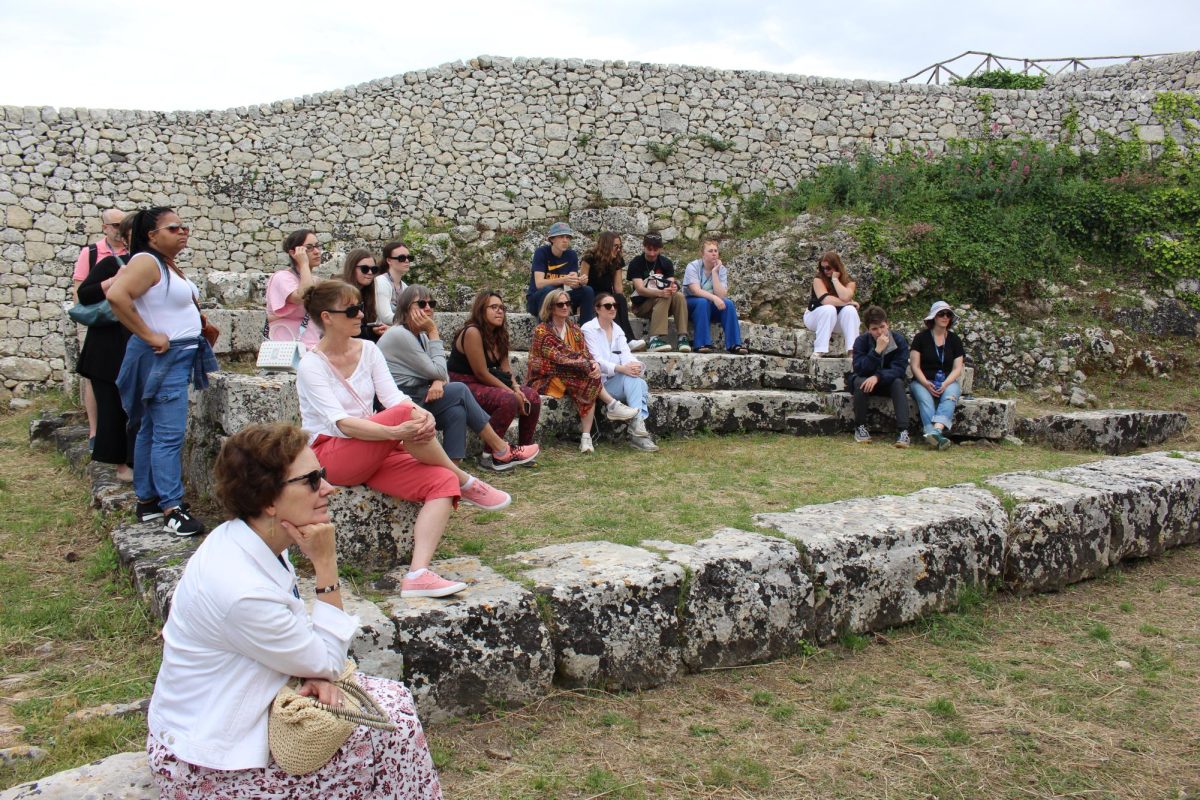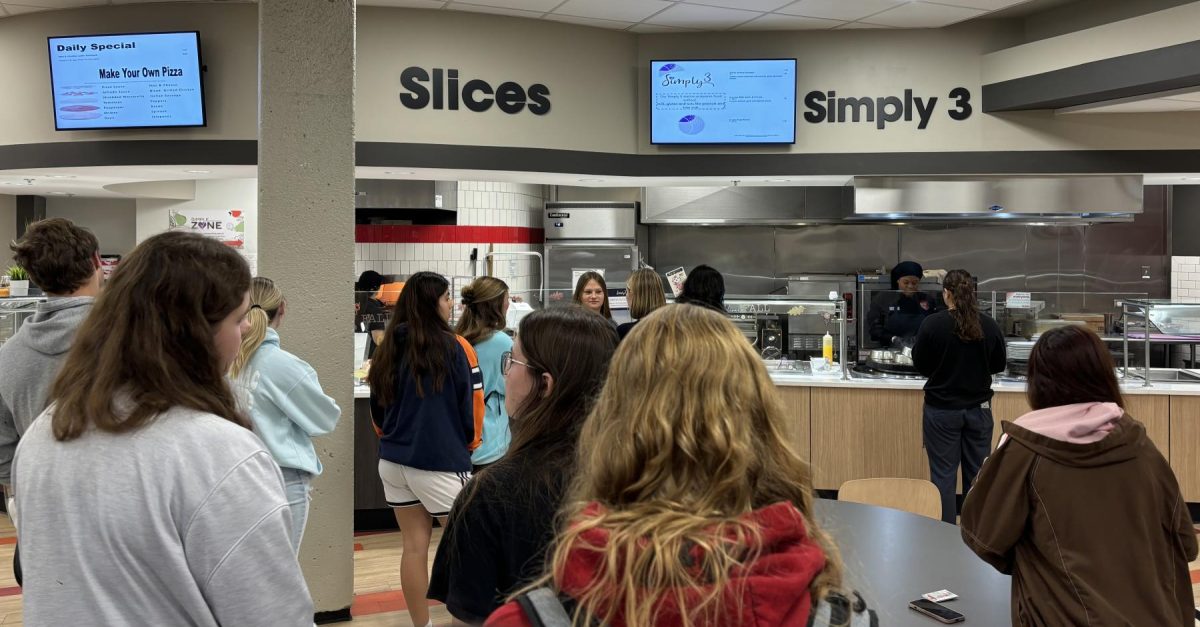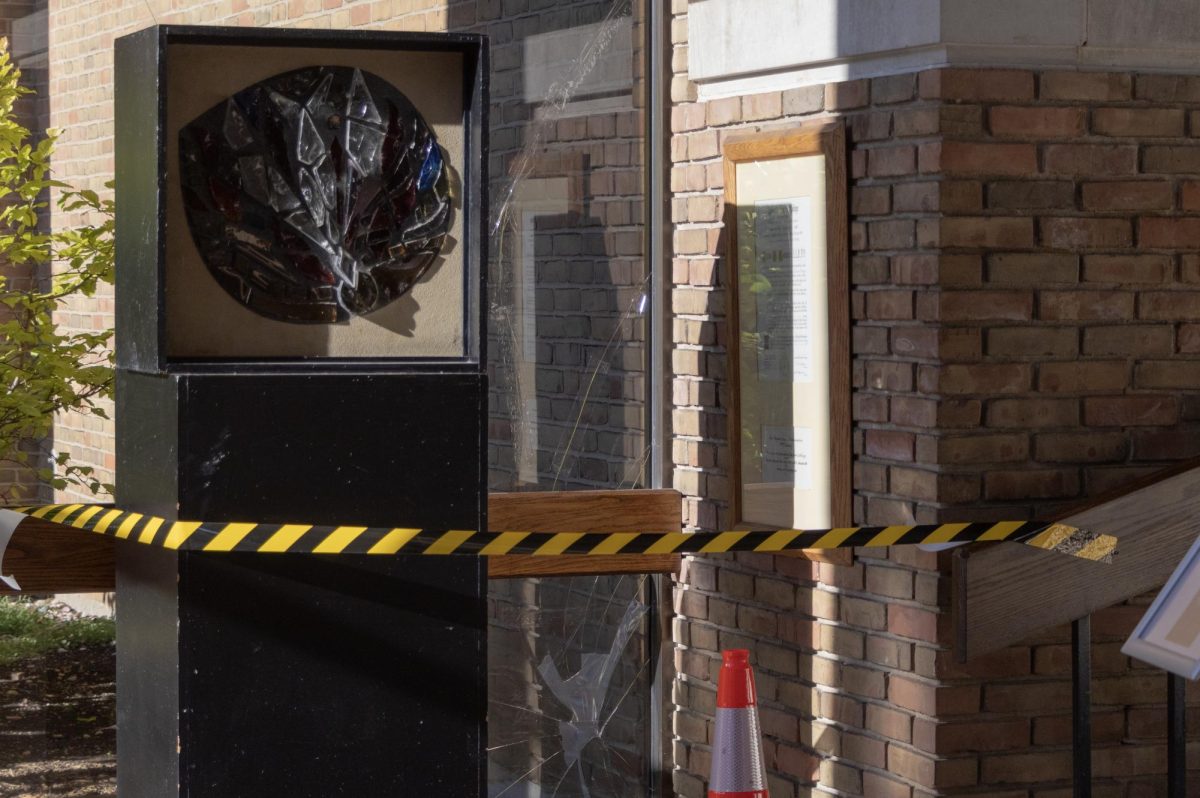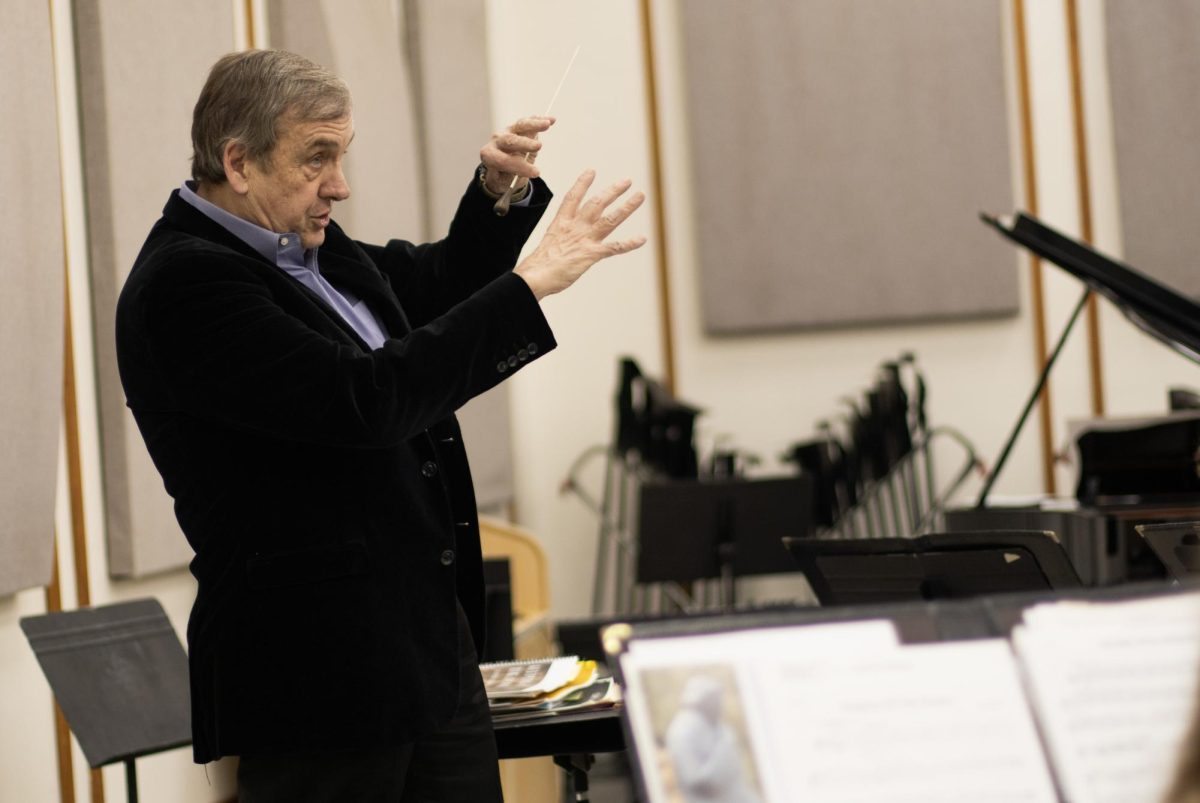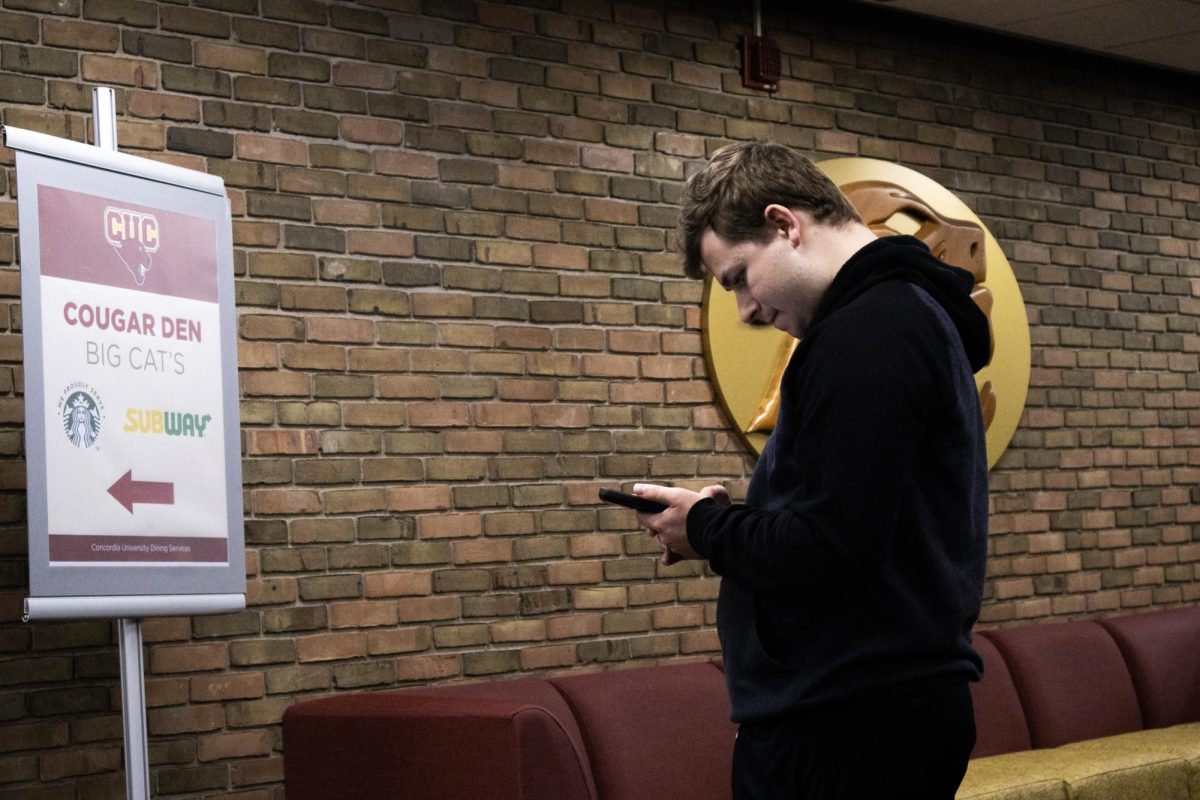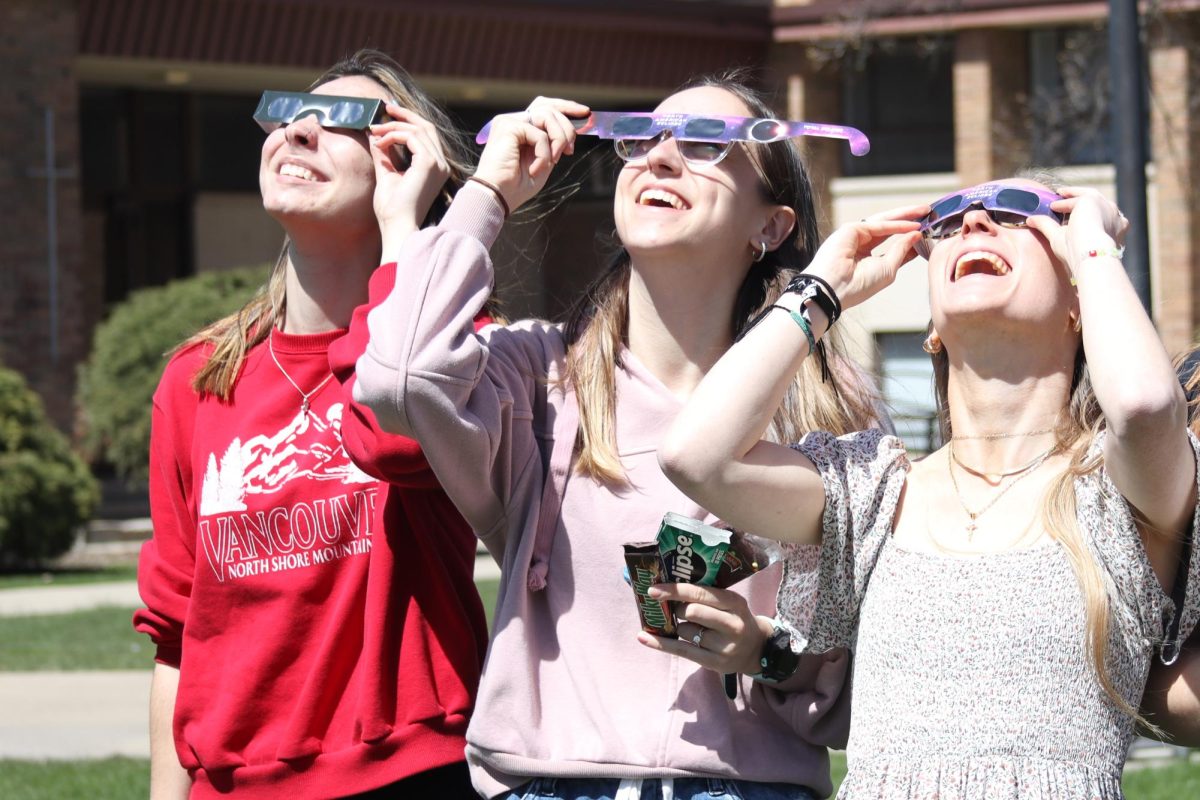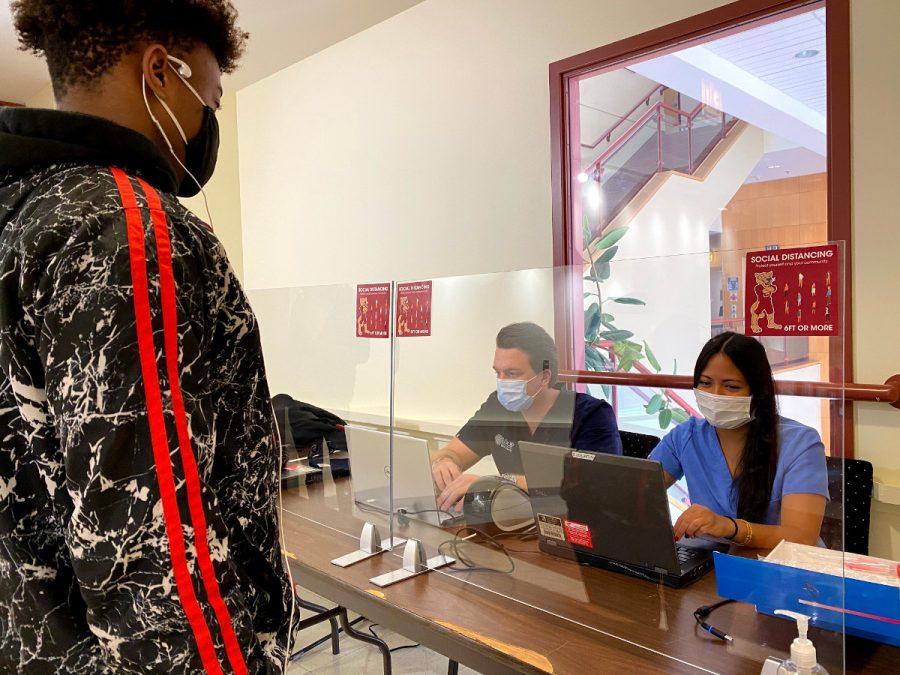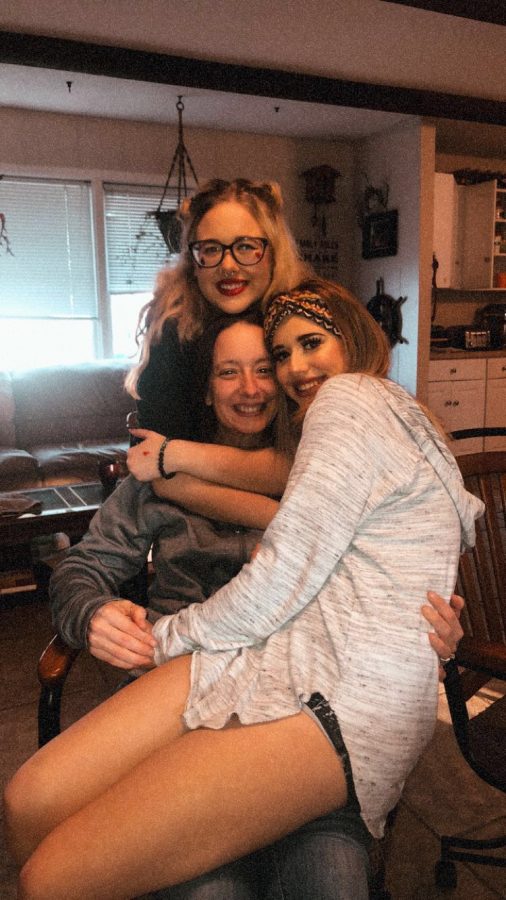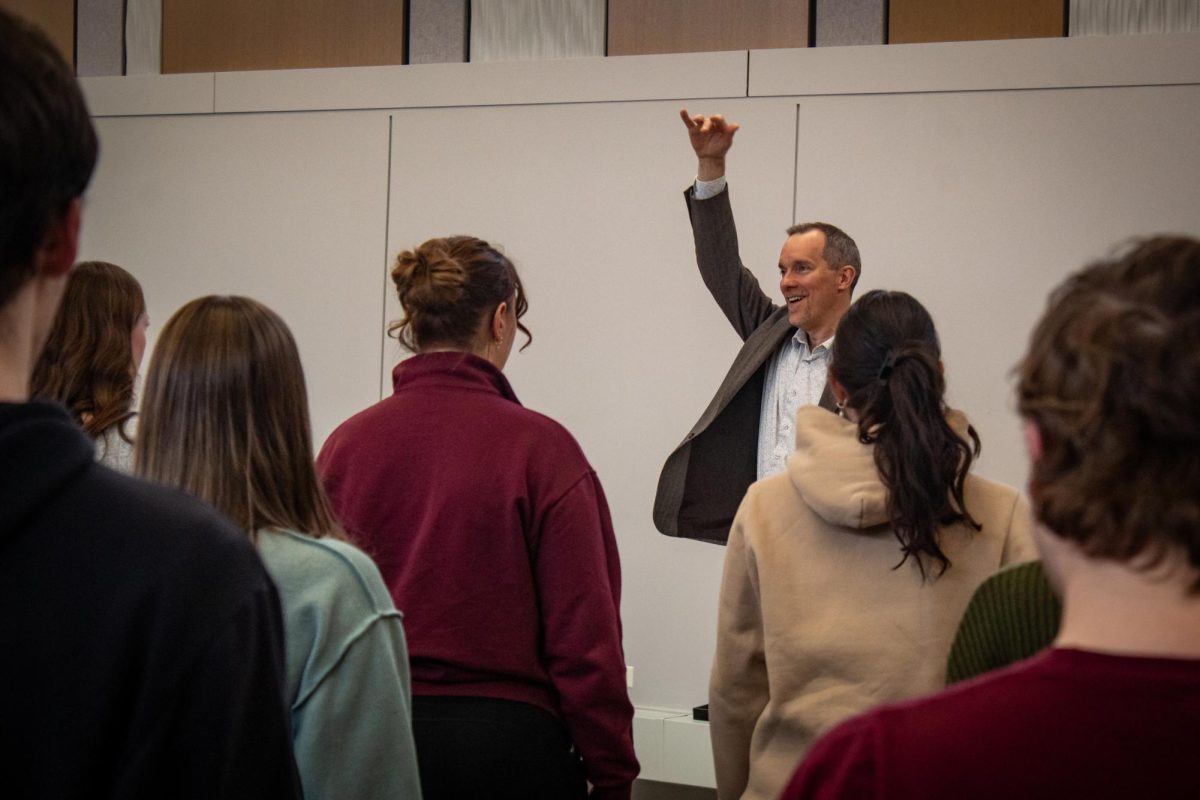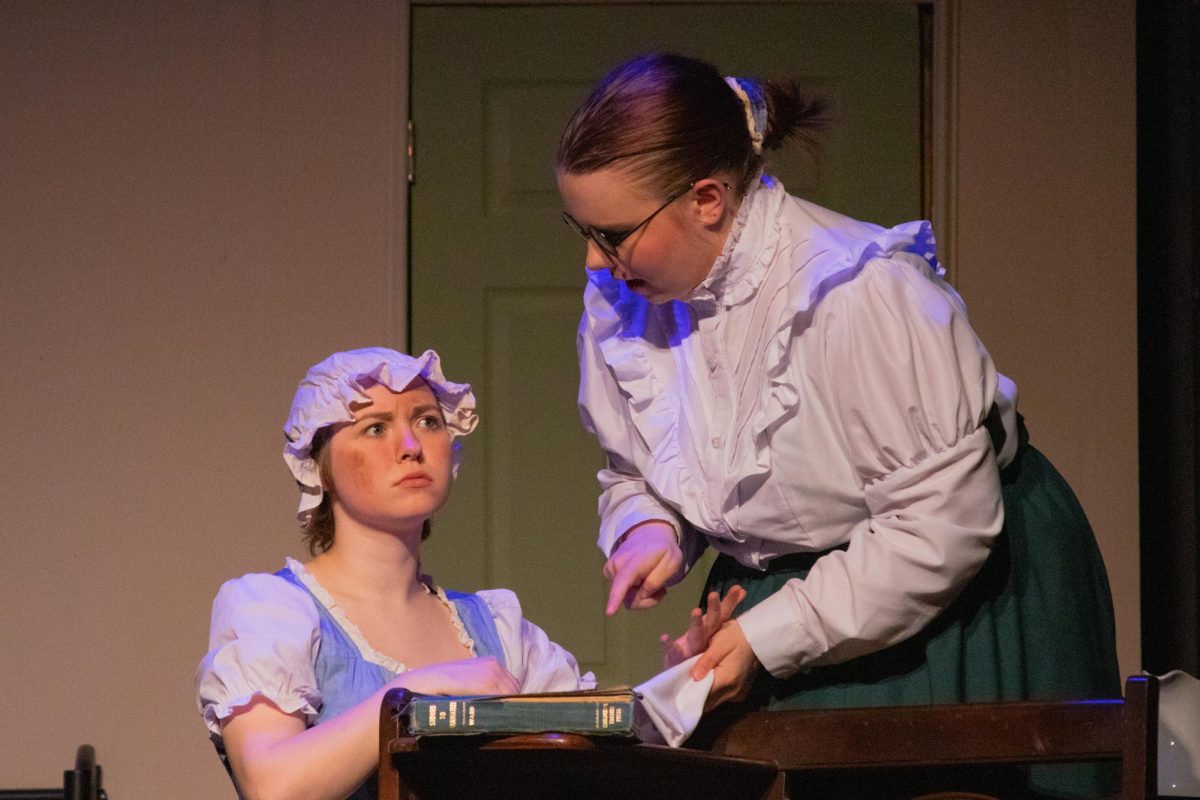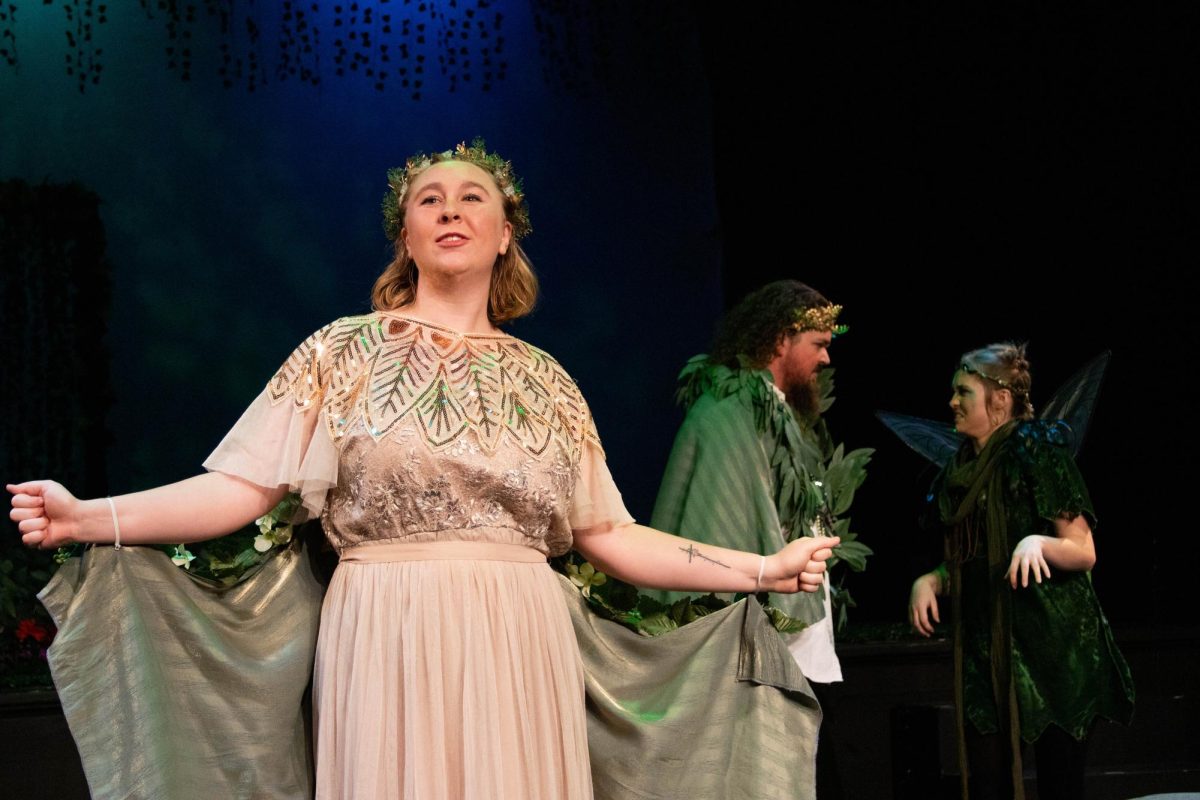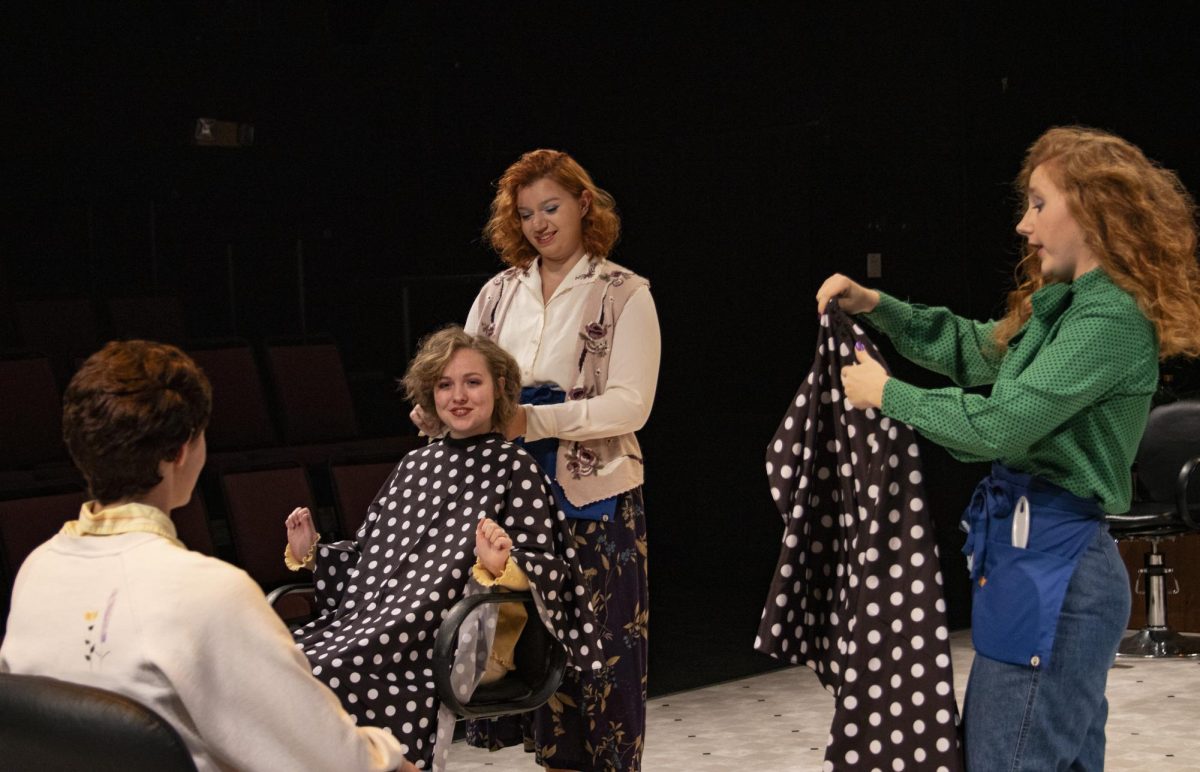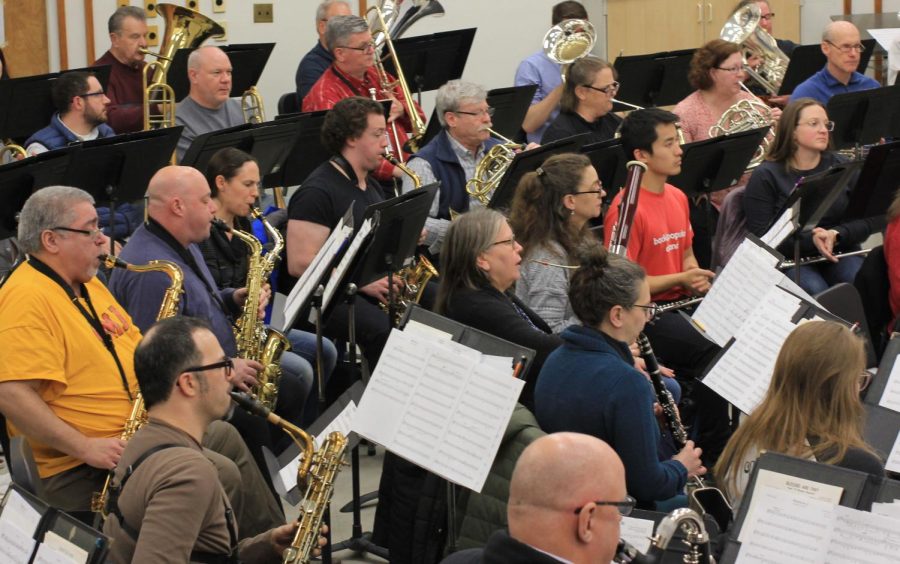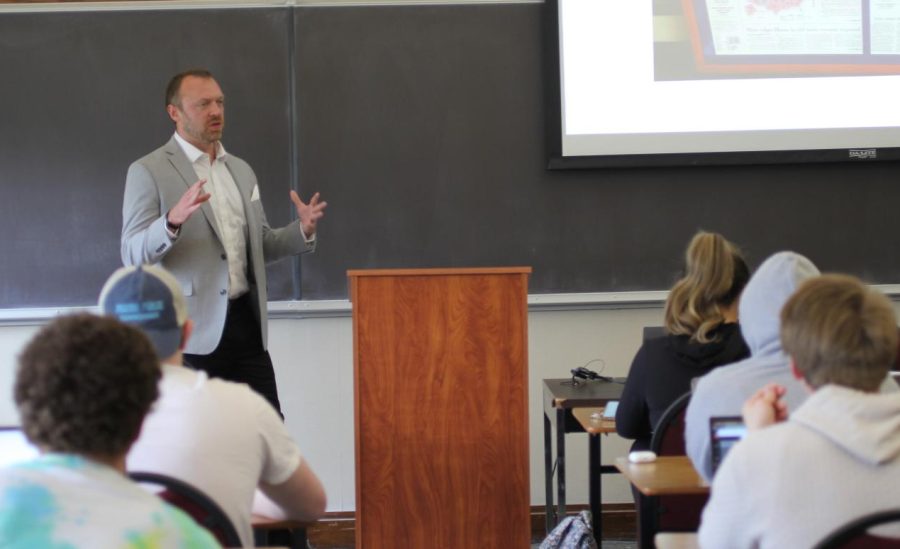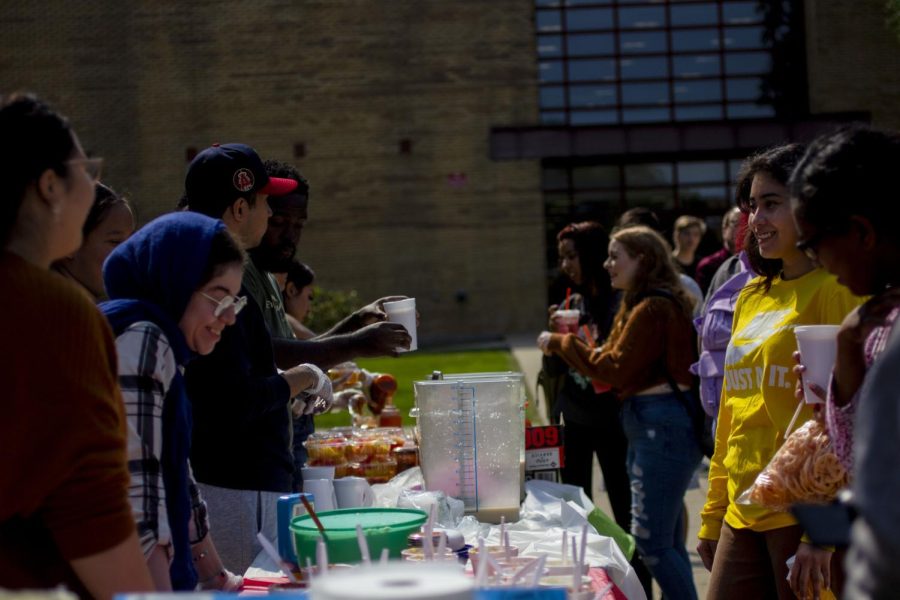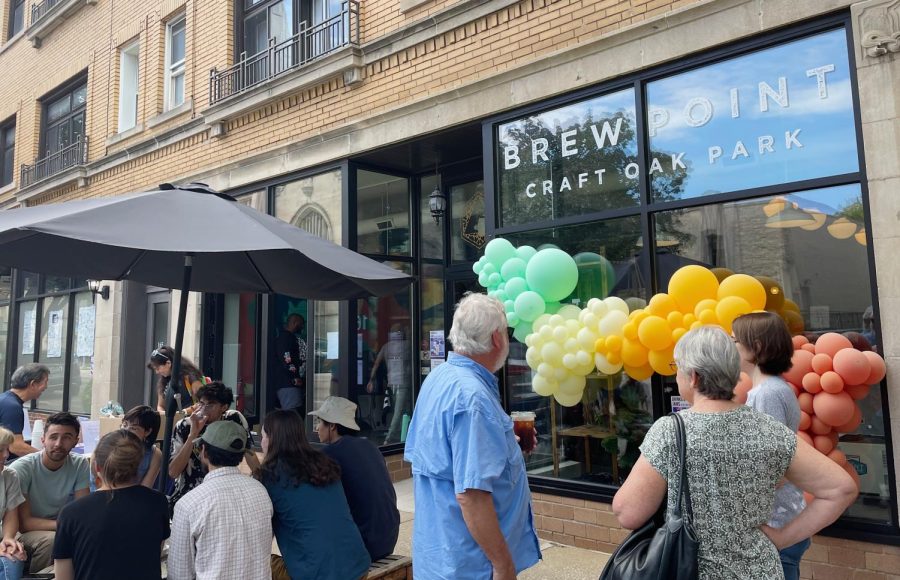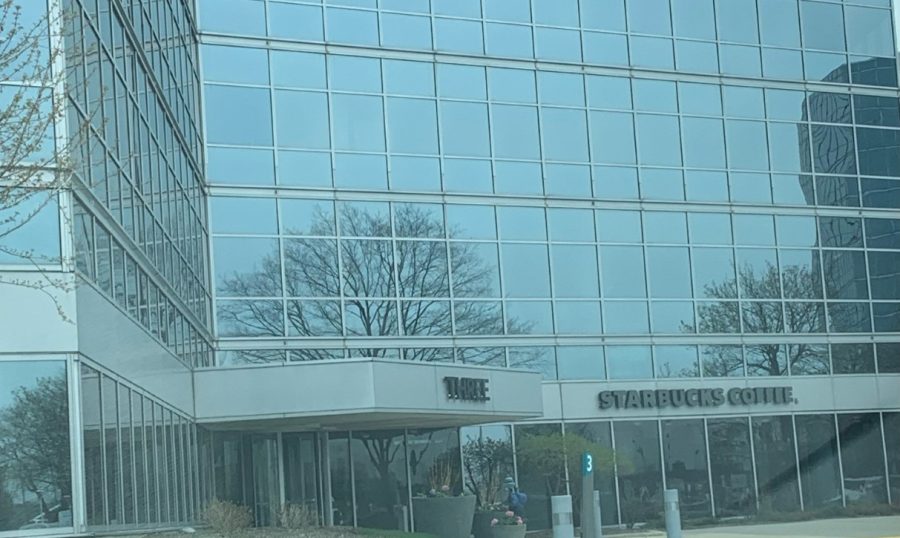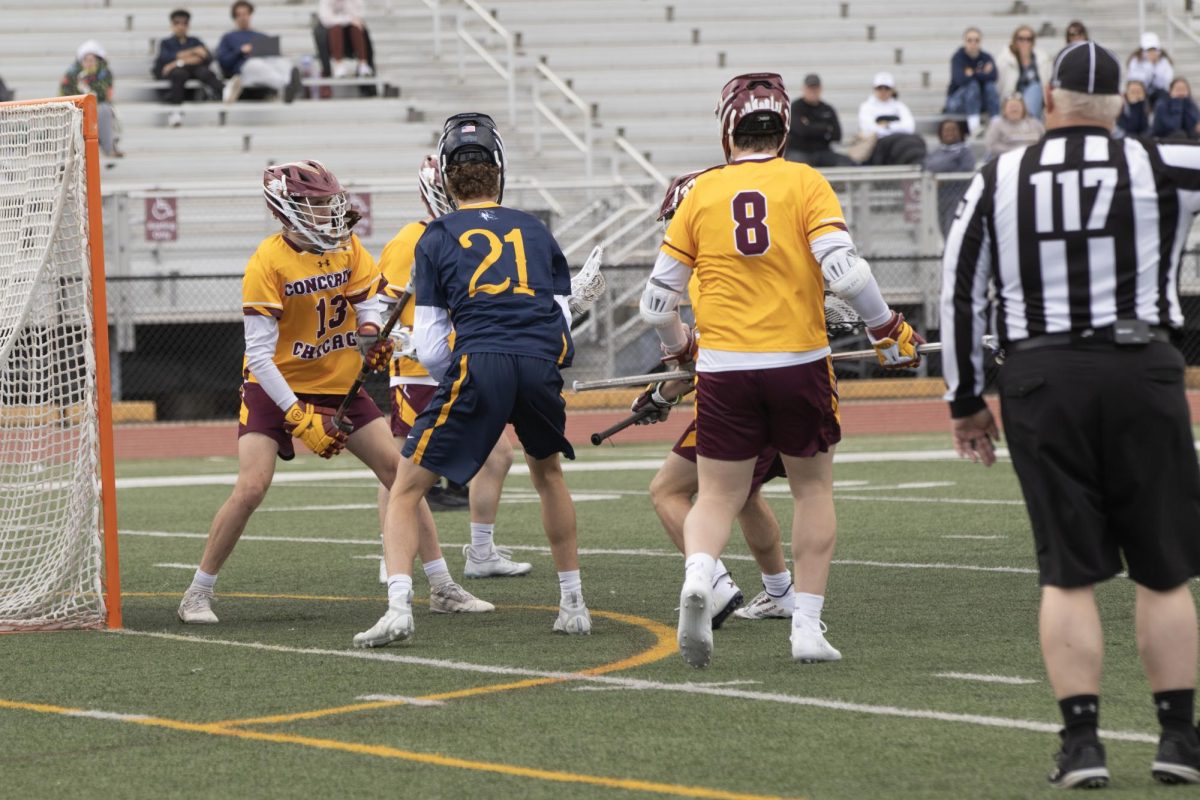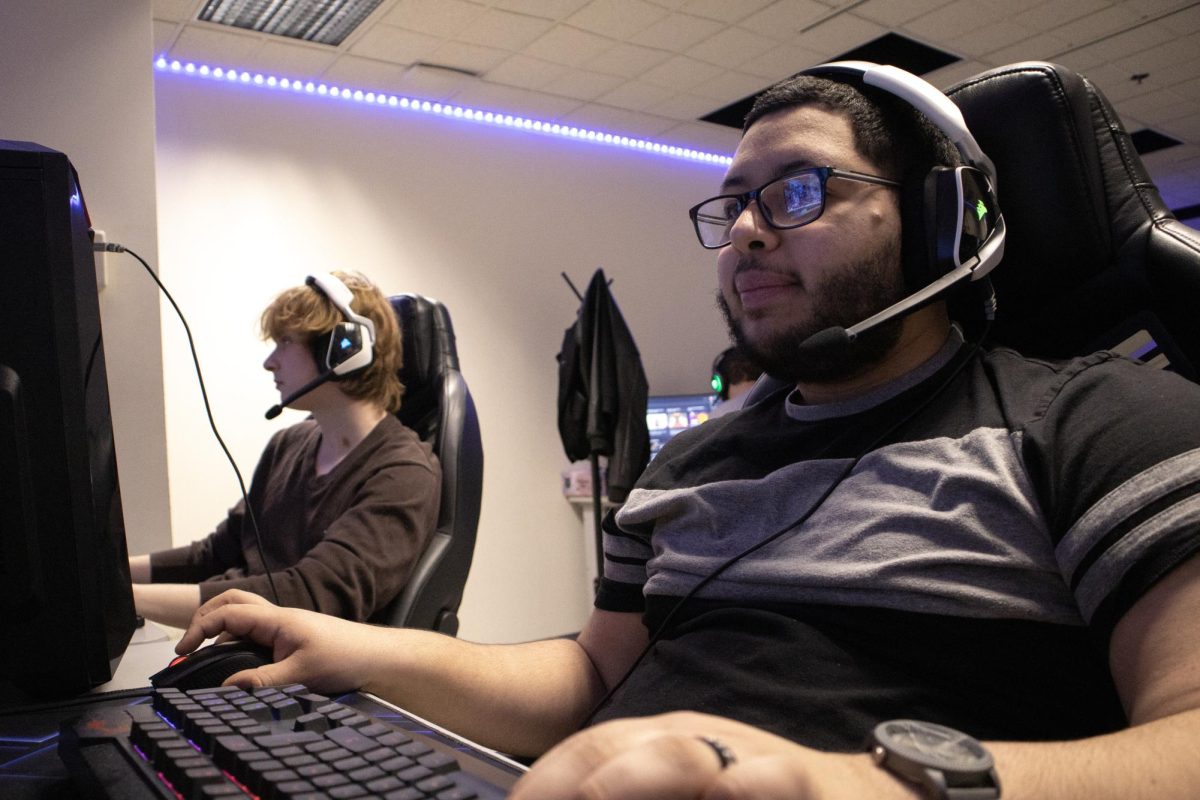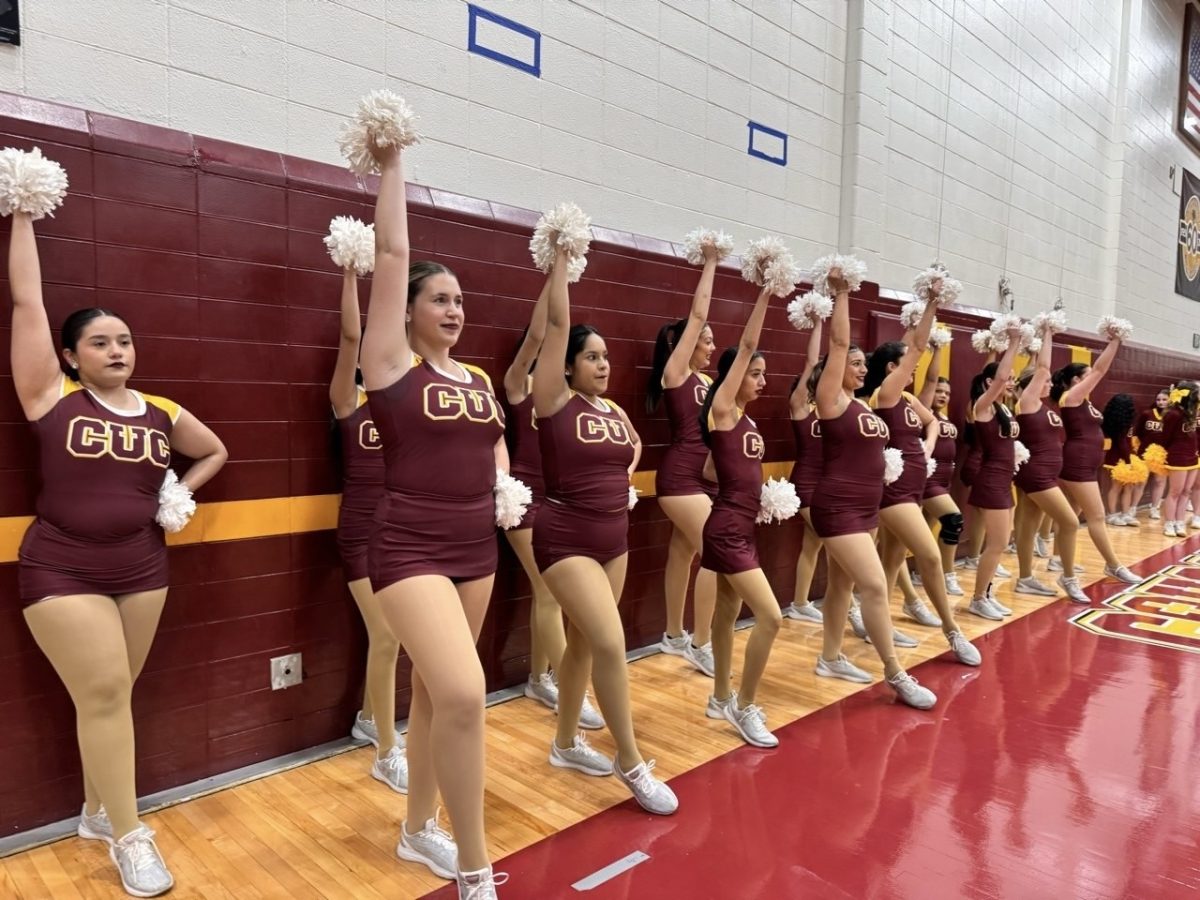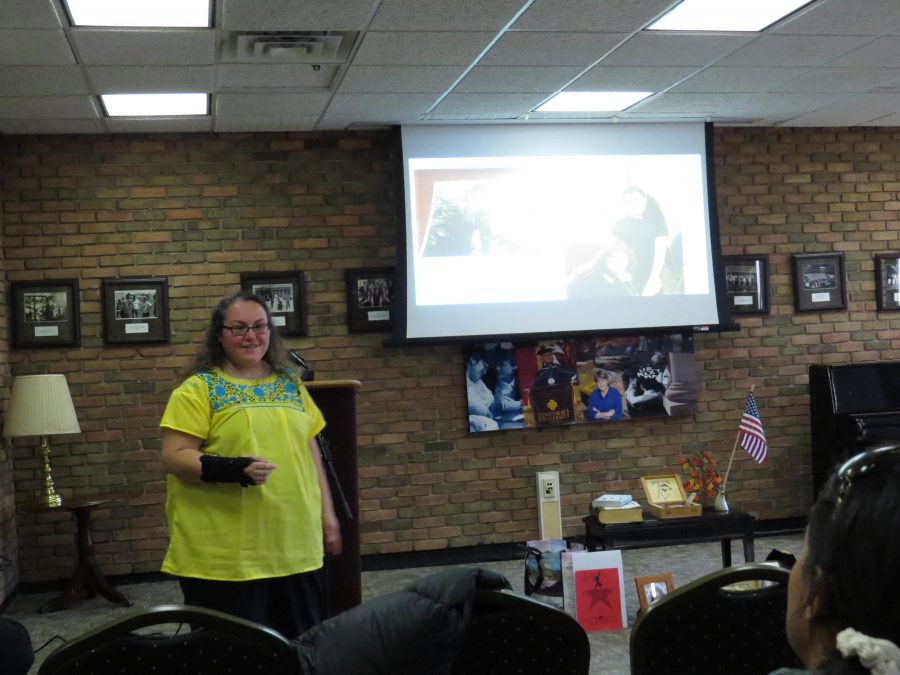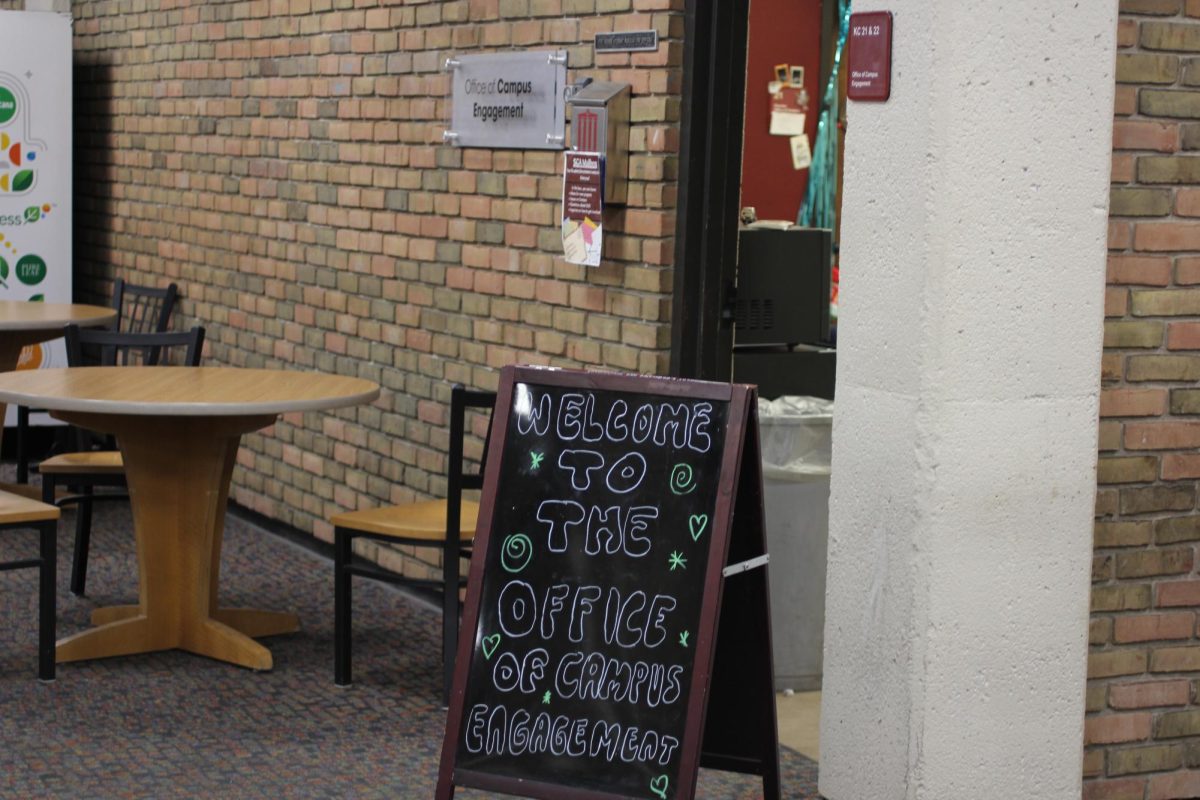Students Learn the Power of Storytelling
Porshé Garner, Ph.D, hosted “Why Telling Our Stories if Powerful” for the Black Student Union. Photo by Emily Adkins
March 4, 2021
The Black Student Union recently hosted the storytelling event “Why Telling Our Stories Is Powerful.” The event was hosted virtually by Porshé Garner, Ph.D., director of undergraduate academic advising and study abroad.
“Storytelling is powerful and important,” Garner said. “It provides space to interrogate our own experiences.” She explained how storytelling has helped young people in the black community express themselves and grow. Garner wanted everyone to reflect on their own lives, and answer the questions: Who raised you? And what did they teach you? She encouraged the people who attended who share their own personal stories.
Garner shared the first story. She spoke about how her grandparents are not only special to her but also credits them for where she is today. She shared that her grandfather played an important role in figuring out what she wanted to pursue in graduate school.
Garner also provided advice about how those in attendance could organize their own storytelling event or club. She suggested starting with those you know like the people around you. “Go where people are organizing,” Garner said. “People share stories about their day, and that can be a start.”
Some people shared their stories and answered Garner’s questions about themselves. They described a part of their past and how the manner in which they were raised contributed to their success in life. The attendees also shared their experiences with the values their parents and grandparents instilled in them, such as hard work, and how being a person of color is important and can lead to success.
Imposter syndrome was also discussed, which makes people feel that they don’t deserve the successful position they are in. One can feel this way because of the color of their skin, for example, and everyone in attendance understood the impact of that tendency. Impostor syndrome is something that a lot of people of color experience, myself included, and I am glad that it was discussed.
The event closed with a ritual. Everyone named the people in their lives they wanted us to remember. It was a very beautiful moment as people either said the names aloud or wrote them in the Zoom chat. People named their mothers, fathers, grandparents, and even Nelson Mandela.
This event was not only informative, but it also brought those who participated closer together. “I believe this event was helpful in that it affirmed the importance of what students bring to the classroom,” Garner said. “Our stories make us who we are and they allow us to bring those who love us along with us.”
Everyone has a story to tell, and this event was able to bring those out and appreciate those around us, even if we can’t be in a face-to-face setting.
“Too often students are made to feel and/or receive messages that what they bring to the classroom is not valuable,” Garner added. “Welcoming and encouraging students to bring their stories and experiences to the classroom we open the door for limitless possibilities as it relates to students’ potential.”

